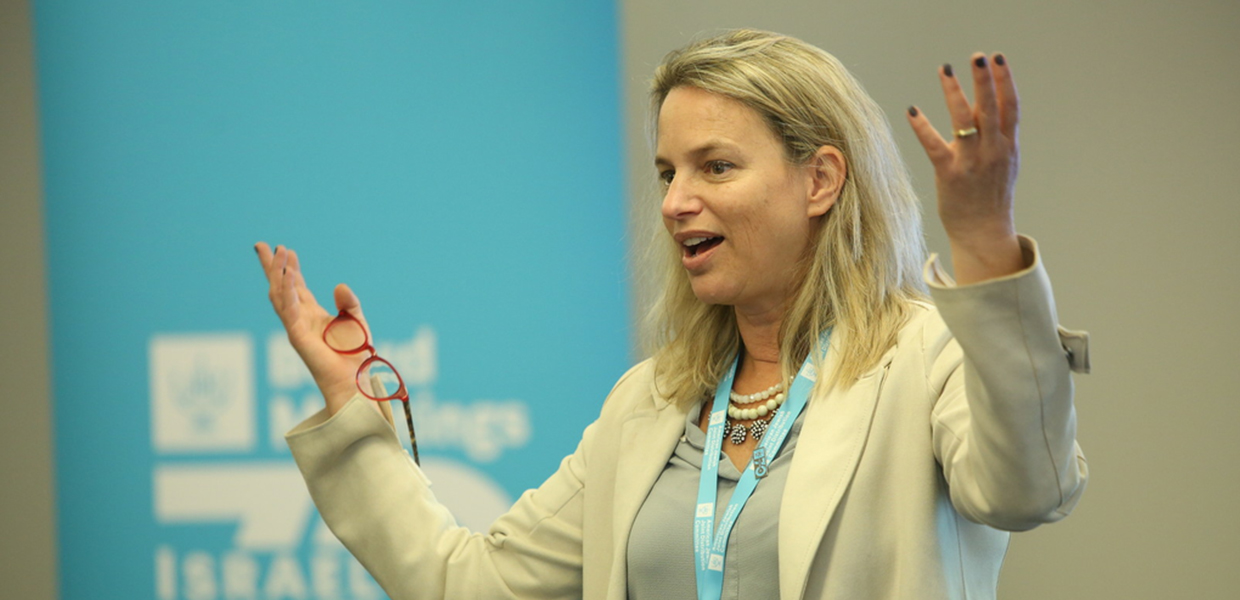The global Coronavirus crisis did not miss Israel. Like other pandemics throughout history, here too the age-old practice of social distancing has been employed to try to curb the spread of the disease. However, the long period of social distancing and self-isolation has far-reaching implications for the Israeli economy, labor market, education, and health care on the one hand, and for loneliness and stress on the other.
The day after COVID-19, however near or far away, presents us with a completely different reality from the one we knew before. In this context, the Coronavirus is not just a crisis but also a revolution. As we begin to prepare for the recovery period, it is important to understand what reality we are entering and what is required of us.
First, everyone will have to substantially increase their digital literacy, which is a major challenge considering the wide variety of ethnic, religious and social groups that are the fabric of Israeli society.
While the use of hi-tech tools before COVID was relatively limited in certain sectors, the post-pandemic “revolution” requires all populations and age groups to strive for a much higher level of digital literacy. To achieve this, the individual, government and local community must all play a pro-active role. Everything is going digital, from the Israeli who hopes to join the labor market, to the older adult who wants to keep in touch with his family, to parents seeking important information to help their children.
Second, the state faces a major infrastructure challenge. The pandemic makes it clear that accessibility to digital infrastructure is vital, including both the Internet and more general communications infrastructure. Many groups in the population, which do not have access to these services for various reasons, have even more difficulty adapting to a changing reality in a time of crisis. The state needs to invest significant resources to address this challenge by improving infrastructure and accessibility and helping society adapt to a new digital culture.
Third, the use of digital tools and big data must be part of the national decision-making process. Managing a crisis on the scale of the pandemic is challenging and threatening, even for the most talented administrators. The lack of digital tools and big data during normal times prevents quick responses during a crisis. The assimilation of this technology into the formulation of national policy will create “digital resilience,” improving the quality of everyday life for Israel’s citizens while helping the state be better prepared for an emergency.

The Three Main Aspects of Digital Resilience
Digital resilience at the personal level is not a luxury, it is a necessity. Every individual must have the ability to manage his daily life online, which includes shopping, finances, medical and other public services, leisure activities, and communication with people at work and family. A high rate of technological literacy is required to produce personal digital competence.
But this in itself is not enough: It is also essential at the community level. Digital community management has great benefits, including coordinating various volunteer activities, implementing social and cultural activities, creating online libraries and more. Implementing these in routine times enables adaptability in emergencies.
And finally, the various systems that serve the people must accelerate the pace of using hi-tech tools, including big data, artificial intelligence, and remote learning to meet the needs of the public and produce extensive digital capability.
Israel faces more emergencies than many other countries, but most are limited in time and impact. The Coronavirus requires us to adapt quickly and change with the times. Incorporating the digital revolution into all parts of society will make our lives better in the present while preparing us to successfully navigate the next crisis.





